Schedule 40 black steel pipe
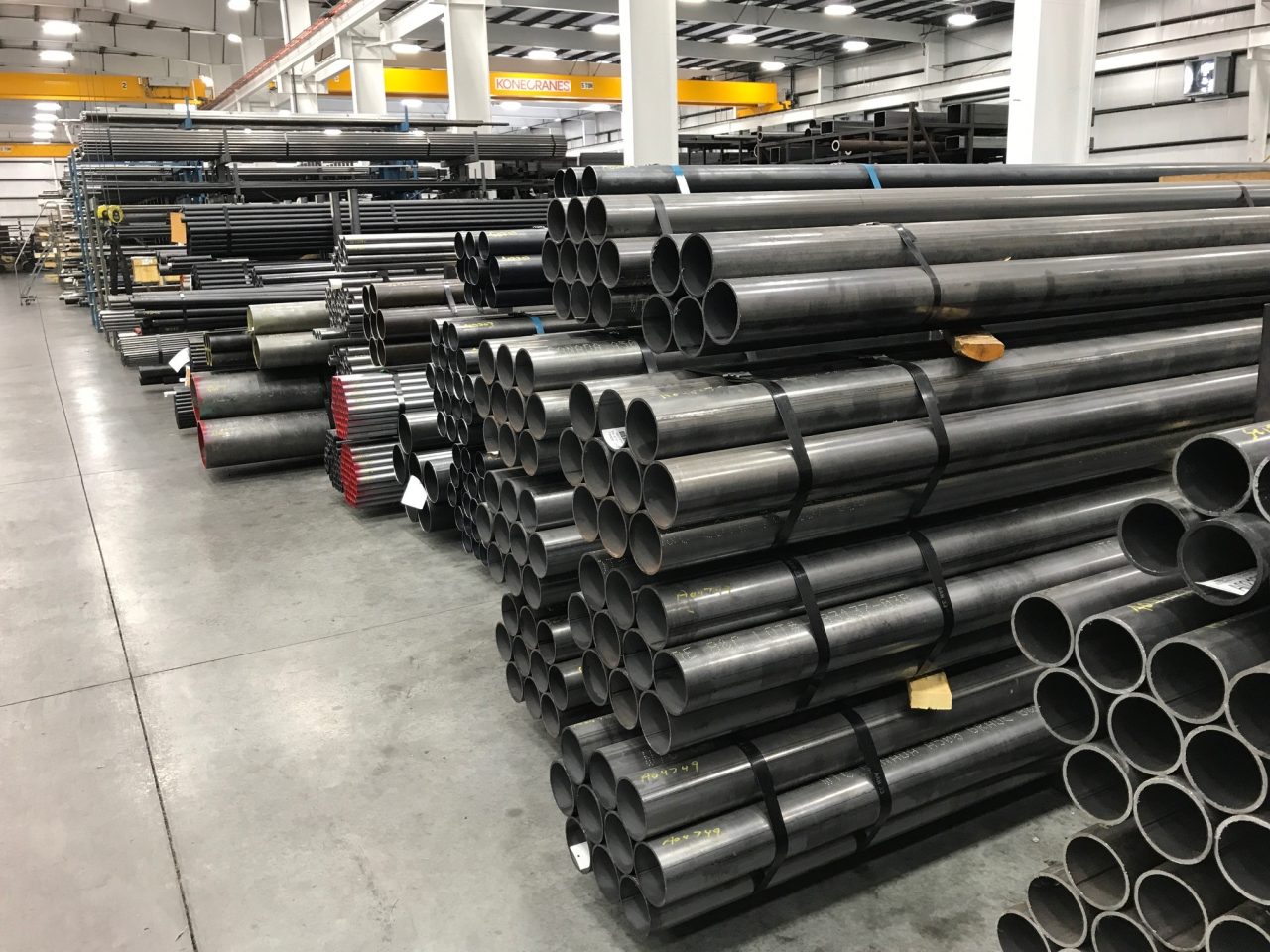
Schedule 40 black steel pipe is a type of carbon steel pipe used in a variety of applications. The “schedule” number in pipe specifications refers to the thickness of the pipe wall, with higher numbers indicating a thicker wall. Here’s an overview of the characteristics and uses of Schedule 40 black steel pipe:
Characteristics:
- Wall Thickness: For Schedule 40, the wall thickness varies based on the diameter of the pipe. The wall thickness is more than sufficient for most high-pressure applications.
- Material: The pipe is made from carbon steel, which provides good strength and can be welded or fabricated with the right techniques and equipment.
- Finish: The “black” in black steel refers to the protective coating on the steel to prevent rust. This is achieved through a black oxide scale that forms on the surface of the steel during the hot fabrication process.
- Durability: Schedule 40 black steel pipes are durable and designed to withstand high pressures and temperatures.
- Diameter: The nominal pipe size can range from very small to several feet in diameter. However, for most practical uses, common diameters are from 1/8 inch to 24 inches.
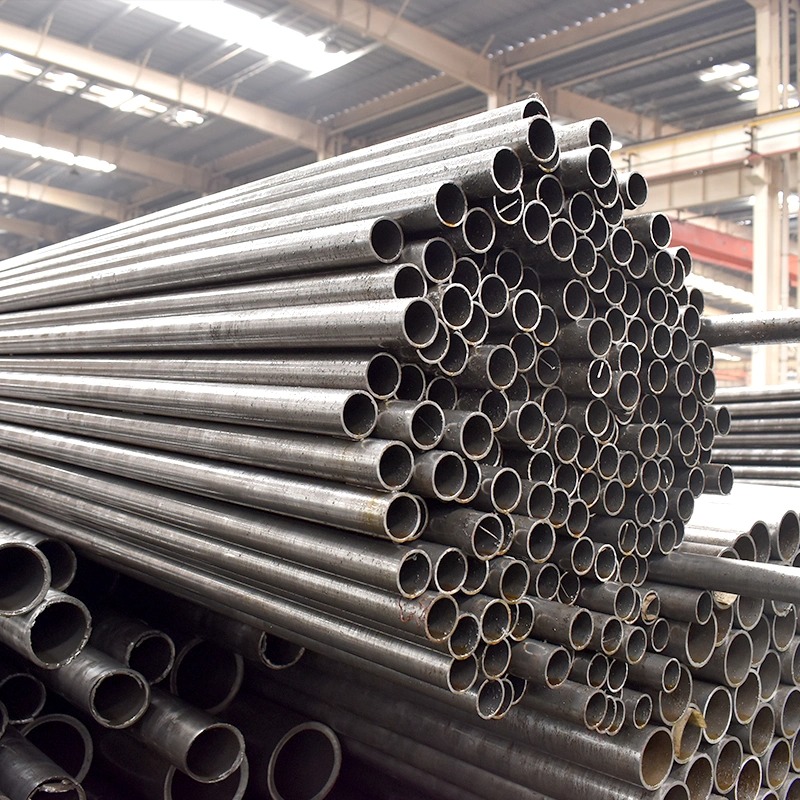
Uses:
- Plumbing: Widely used for transporting water, gas, air, and steam, as the schedule 40 thickness provides a good balance of strength and weight.
- Structural Applications: Because of its strength, it can be used in structural applications such as handrails, scaffolding, and support columns.
- Industrial: Used in process industries for conveying fluids under high pressure and temperature.
- Fire Protection Systems: Often used for piping fire sprinkler systems due to its durability and resistance to heat.
- Oil and Gas Industry: Schedule 40 pipes are used for some oil and gas applications due to their ability to withstand high pressures.
| Business Type | Manufacture & Sales | |||
| Product Description | Caron & Low Alloy Seamless Steel Pipe | |||
| Advantaged Product Specification | ||||
| English | Chinese | |||
| Outside Diameter (Inch) |
Wall thickness (Inch) |
Outside Diameter (mm) |
Wall thickness (mm) |
|
| From 1/2 to 5 | From SCH40 to XXS | From 25 to 356 | From4 to 80 | |
| Length | From 2m to 12.5m in accordance with customers’ requirements | |||
| Material & Standard Description |
Chinese | American | German | |
| 10# | ASTM A53-A | St37 DIN1626 | ||
| ASTM A106-A | St37-2 DIN17175 | |||
| ASTM A179-C | St35.8 DIN17175 | |||
| ASTM A192 | St35.8 DIN17175 | |||
| 20# | ASTM A53-B | St42-2 DIN1626 | ||
| ASTM A106-B | St45-8 DIN17175 | |||
| ASTM A178-C | St45-4 DIN1629 | |||
| 45# | ASTM A1045 | CK45 | ||
| 16Mn | ASTM A210-C | St52 DIN1629 | ||
| 37Mn5 | J55 | |||
| 27SiMn | ||||
| CrMo | ASTM 4135,4150 | CrMo4 DIN17212 | ||
| 40Cr | ASTM 5140 | 41Cr4 | ||
Installation Considerations:
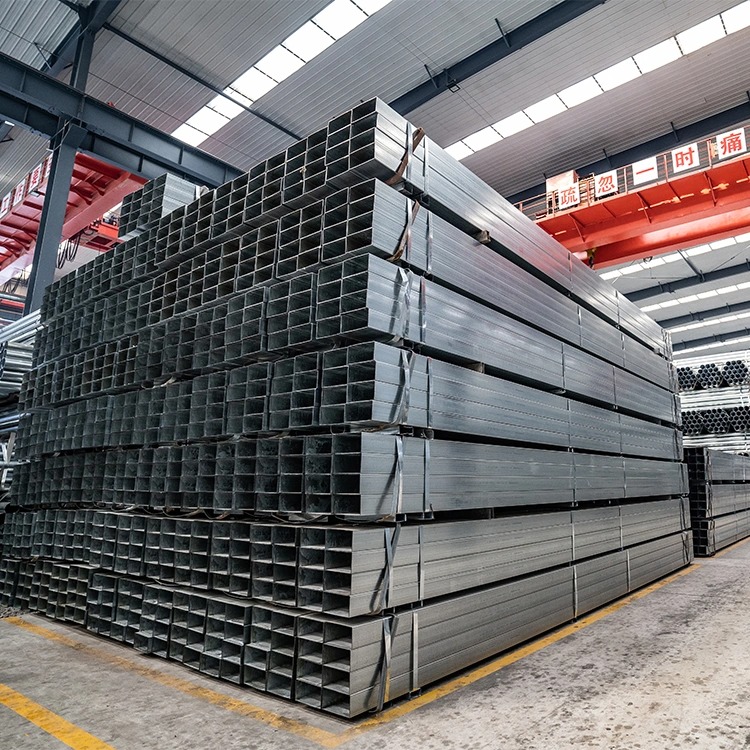
- Welding: Black steel pipe is generally joined by welding. It requires proper technique and precautions to ensure a strong and safe connection.
- Threading: These pipes can also be connected using threaded connections, where the pipes are threaded on the ends and joined with fittings.
- Corrosion Protection: Although the black oxide helps prevent rust, it is not a substitute for proper corrosion protection in corrosive environments. Additional coatings or paint may be applied depending on the usage conditions.
- Code Compliance: Always ensure that any use of Schedule 40 black steel pipe complies with local building codes and standards for the application in question.
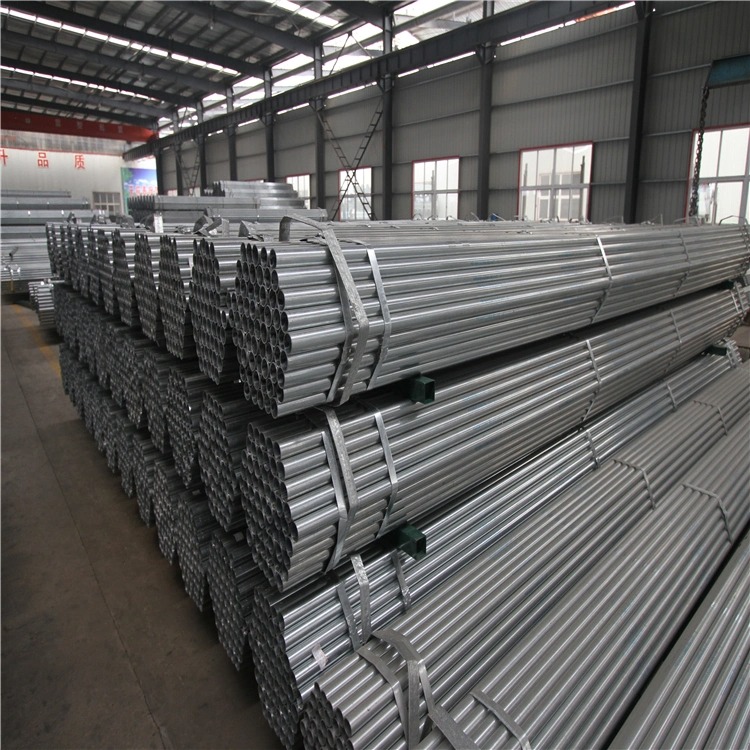
When purchasing or specifying Schedule 40 black steel pipe, it’s important to verify the exact specifications, such as the diameter, wall thickness, length, and any additional treatments needed for the intended application. Suppliers typically provide pipes in pre-cut lengths or custom cut to specifications.
As a professional manufactrer of steel products, we focus on the production of high-frequency welded pipes, galvanized steel pipes and scaffolding products. Also other steel products can supplied by our trading company such as Longitudinally Submerged Arc Welding and Spiral Submerged Arc Welding tube,API Line pipe
pre-galvanized components are usually only immersed in the galvanizing bath for a very short time, resulting in a relatively thin coating. The thicker zinc coating produced by hot dip galvanization offers improved rust and corrosion protection versus pre-galvanization.
Galvanized pipes have a wide range of uses. In addition to oil and other low-pressure fluid pipelines, it is also used as oil well pipes in the petroleum industry, especially in offshore oil fields, oil heaters in chemical coking equipment, coal distillation, and oil washing converter pipes, bridges, etc. Pipe pile, mining tunnel support frame with pipe, etc. Developed countries in the world started to develop new pipes and continuously banned galvanized pipes.
Carbon steel pipe and black steel pipe are often used interchangeably, but there are some key differences between the two. Composition: Carbon Steel Pipe is made up of carbon as the main alloying element, along with other elements such as manganese, silicon, and sometimes copper. This composition gives carbon steel pipe its strength and durability. On the other hand, black steel pipe is a type of carbon steel pipe that has not undergone any additional surface treatment or coating. Surface Finish: The most apparent difference between carbon steel pipe and black steel pipe is the surface finish. Carbon steel pipe has a dark, iron oxide coating called mill scale, which forms during the manufacturing process. This mill scale gives carbon steel pipe its black appearance. In contrast, black steel pipe has a plain, uncoated surface. Corrosion Resistance: Carbon steel pipe is susceptible to corrosion due to its iron content. However, the mill scale coating on carbon steel pipe provides some level of protection against corrosion, especially in indoor or dry environments. On the other hand, black steel pipe is more prone to corrosion since it lacks any protective coating. Therefore, black steel pipe is not recommended for use in areas exposed to moisture or corrosive elements.
Black steel pipe and galvanized steel pipe have different properties and strengths, so it is important to understand their characteristics before comparing their strength. Black steel pipe, also known as plain carbon steel pipe, is made from untreated steel without any protective coating. It is typically used in applications where corrosion resistance is not a major concern. Black steel pipe is known for its strength and durability, making it suitable for various industrial applications such as plumbing, construction, and structural support. On the other hand, galvanized steel pipe is coated with a layer of zinc to provide protection against corrosion. The zinc coating acts as a barrier between the steel pipe and the surrounding environment, preventing rust and corrosion. Galvanized steel pipe is commonly used in outdoor applications or environments with high moisture levels, such as water supply systems and outdoor structures.
Schedule 80 piping exhibits clear structural superiority versus Schedule 40 through its 25-30% thicker walls, translating to higher strength, stiffness, load tolerance, deflection resistance and durability in demanding applications. Its robustness and performance make it the standard choice for structural pipe supports.
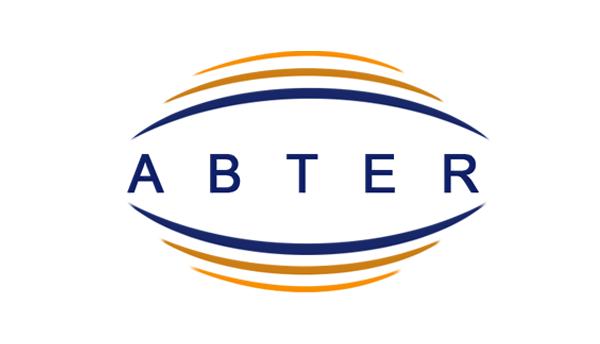
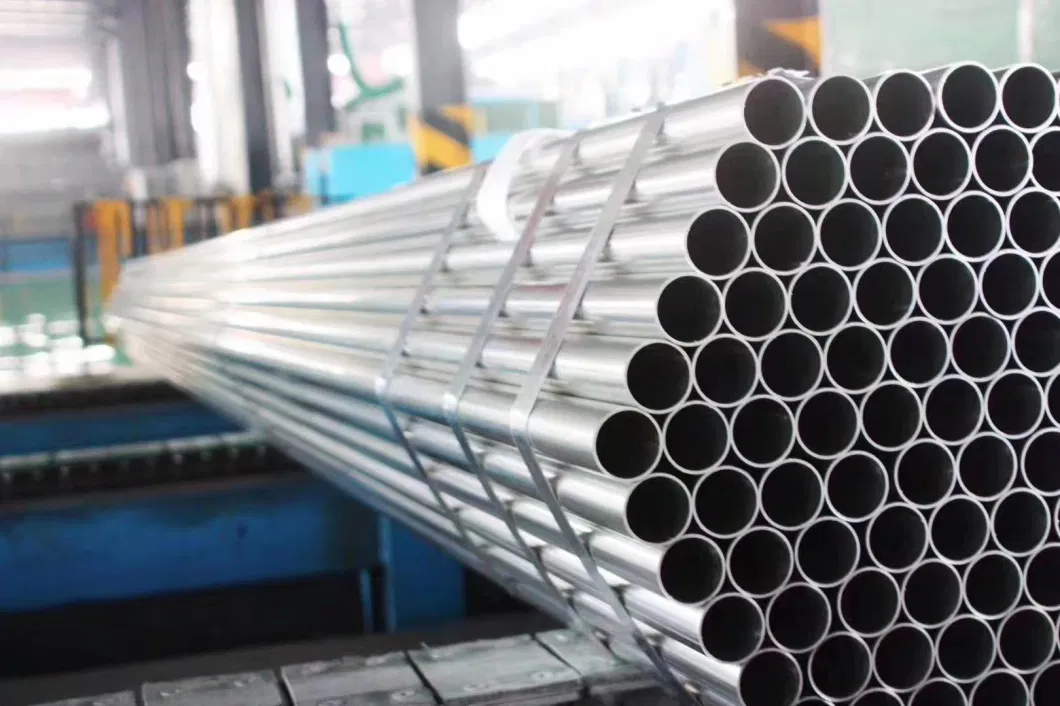
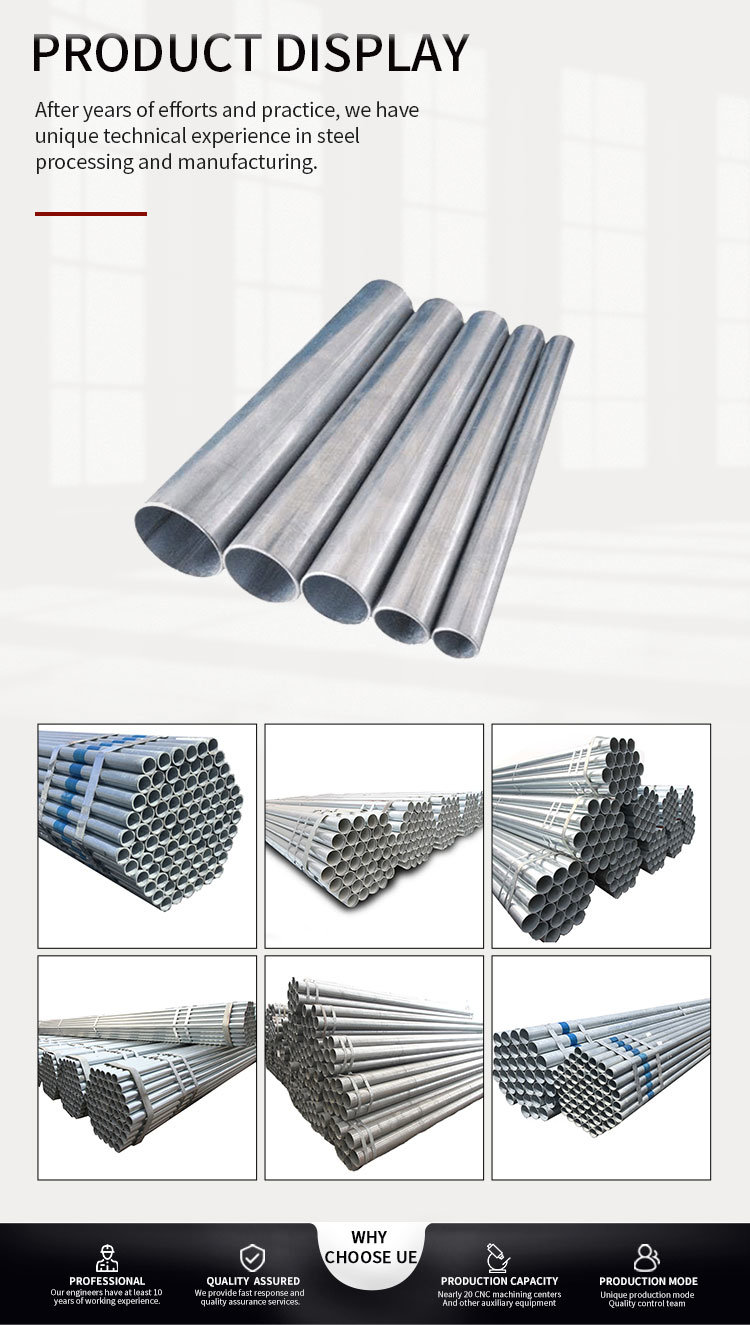
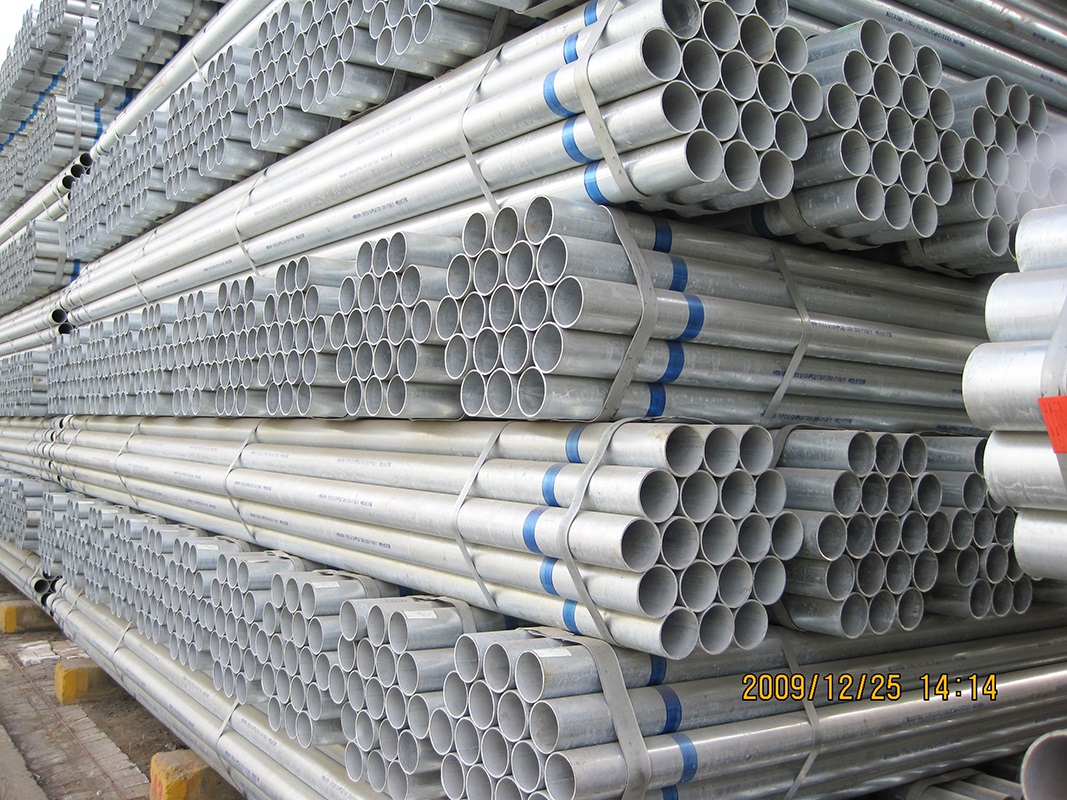
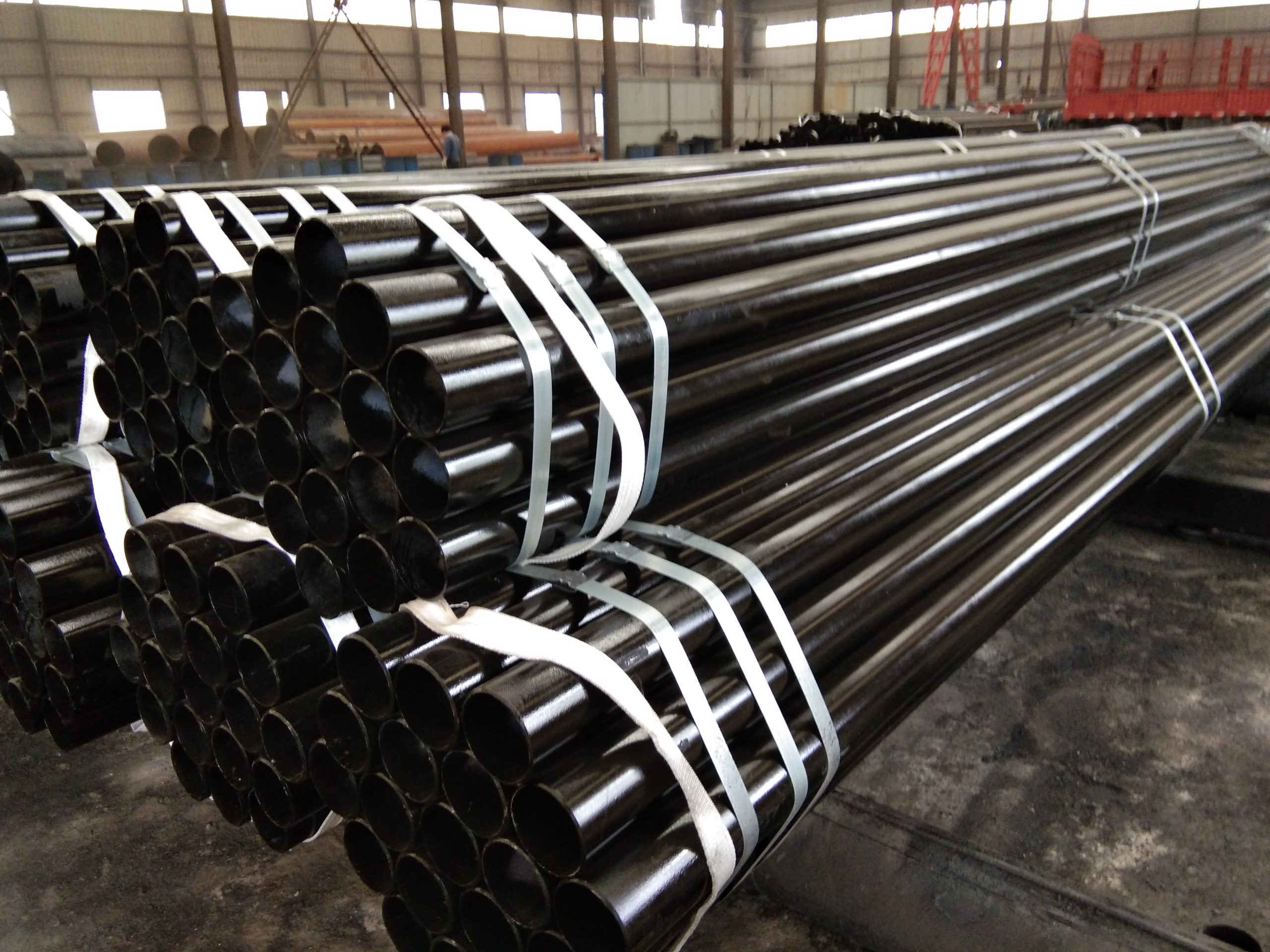


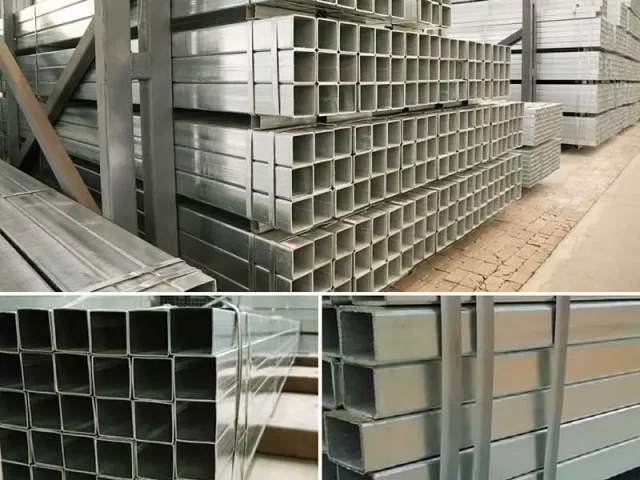
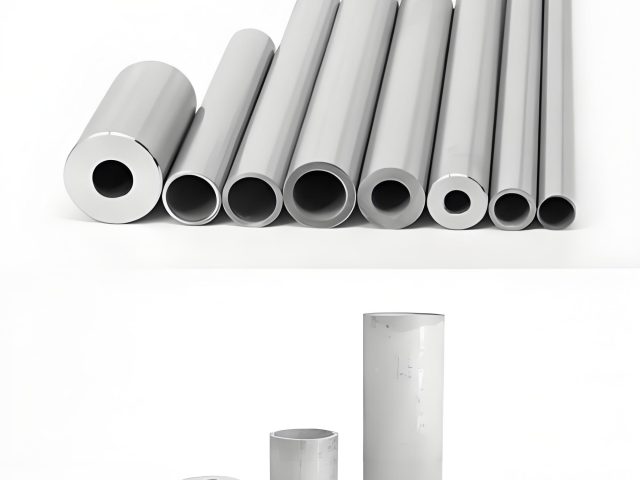
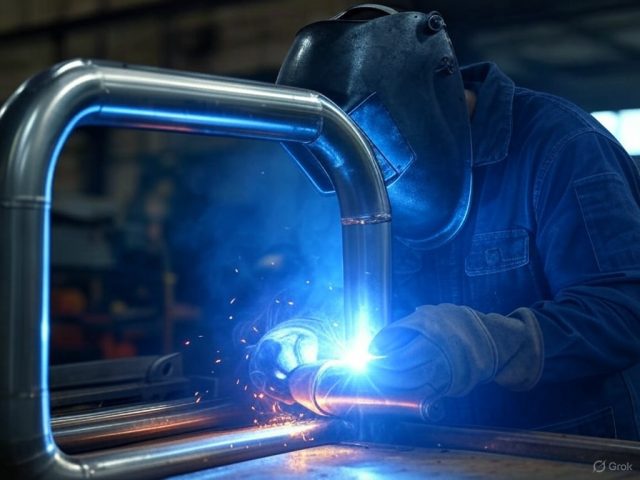
6 comments
amciik
2023年12月21日 at am9:43
What is Schedule 40 black steel pipe used for?
Ronsun2023
2023年12月22日 at pm8:52
Schedule 40 steel pipe makes sturdy and attractive curtain rods, shelves, coat hooks, floor lamps, and magazine racks. Of course, schedule 40 pipe’s primary application is transporting high-temperature, high-pressure liquids for commercial and residential properties in the oil and gas industry
food
2023年12月22日 at am8:06
What is the difference between SCH 40 and SCH 40S?
Ronsun2023
2023年12月22日 at pm8:55
Therefore, the difference between SCH 40 and SCH 40S is the wall thickness, with SCH 40 being thicker and suitable for standard steel pipe applications, while SCH 40S is thinner and specifically designed for stainless steel pipes.
Buy Ivermectin
2024年3月17日 at pm6:10
What is Schedule 40 black steel pipe?
Ronsun2023
2024年3月24日 at pm12:57
The main purpose of sch 40 black steel pipes is to transport propane or natural gas to residential and commercial buildings. The pipeline has no seams, making it a better pipeline for carrying gas. Black steel pipes are also used for fire sprinkler systems.